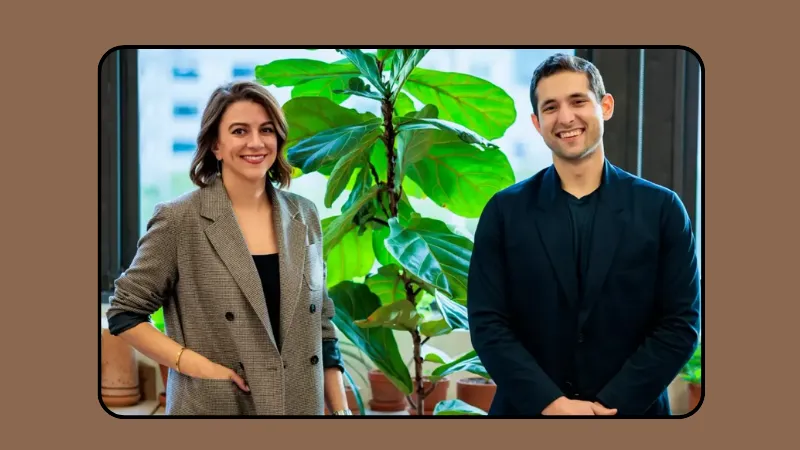
NYC-based C16 Biosciences Secures $3.5Million in Funding. The round increased the total to $4.5 million. With the money, the company plans to expand its platform and create food-grade oils and fats by utilising feedstocks that aren’t produced from agriculture.
Read also – NYC-based Ansel Health Inc. Secures $20M in Funding
C16 Biosciences is a biotech firm that makes biodesigned performance compounds. CEO Shara Ticku leads the company. The company has introduced its first biodesigned component, torula oil, a bioactive oil that has been clinically demonstrated to support healthier skin and hair, along with the PalmlessTM platform for sustainable ingredients.
Read also – Chile-based Biotechnology Company PhageLab Secures $11M in Funding
C16 Biosciences was founded by the founders at the MIT Media Lab, and it has funding from Y Combinator, Breakthrough Energy Ventures, and other sources.
Shara Ticku said “Now that we’ve scaled our manufacturing to commercial-scale production and begun generating revenue in the personal care industry, we are ready and eager to expand our solution’s application set to produce high performance, scalable ingredients for food.”
About C16 Biosciences
C16 Biosciences creates sustainable substitutes for palm oil by utilising novel natural processes. There is palm oil in everything: their food, clothing, shampoo and even the petrol that runs their cars.
Read also – CA-based XGS Energy Secures $9.7M in Funding
However, this $61 billion sector comes at a steep cost to the environment and society: to create room for oil palm plantations, rainforests stretch from Costa Rica to Indonesia. Along the route, these plantations damage habitats for endangered species and humans, as well as emit carbon dioxide into the atmosphere.



